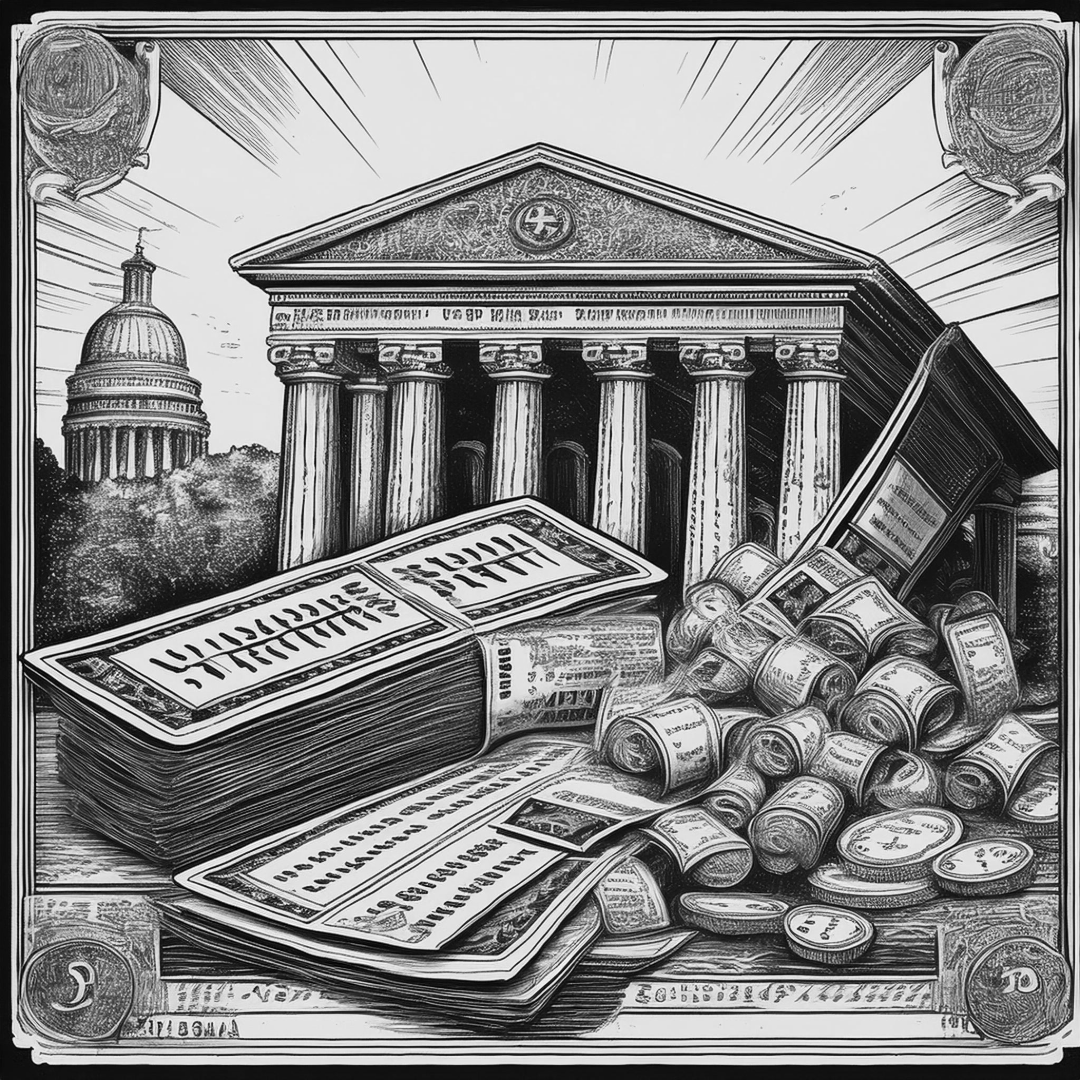MONTGOMERY, Ala. — Alabama House Minority Leader Anthony Daniels and other state lawmakers are renewing efforts to bring a state lottery to Alabama, one of just five states without one. Proponents argue that a lottery could provide a critical source of funding for education and other state priorities, while opponents continue to raise moral and practical objections.
The push for a lottery is far from new in Alabama, where the debate has been ongoing for decades. In 1999, voters rejected a lottery proposal championed by then-Gov. Don Siegelman, largely due to opposition from religious groups and concerns about the lottery’s potential social costs. Since then, multiple attempts to revive the idea have stalled in the state legislature.
Daniels, a Democrat from Huntsville, has said that renewed focus on gambling legislation, including a lottery, could address key funding gaps in Alabama’s education and healthcare systems. Earlier this year, the Alabama House passed a comprehensive gambling bill that included provisions for a lottery, casino gaming, and sports betting. However, disagreements in the Senate over how to allocate revenue and regulate gambling led to the bill’s collapse before the session ended.
“We’ve laid the groundwork,” Daniels said in May, suggesting that the effort could see new momentum in the next legislative session. Daniels has pointed to the potential revenue from a lottery, which neighboring states like Georgia and Tennessee already use to fund scholarships and educational initiatives.
Alabama’s lack of a lottery stems from its unique cultural and political landscape. As part of the Bible Belt, the state has a strong tradition of religious conservatism. Many faith leaders and organizations oppose gambling on moral grounds, arguing that it exploits vulnerable populations and leads to social ills such as addiction and financial hardship.
“Gambling is a tax on the poor, and it’s a false promise,” said a pastor during a 2023 legislative hearing on the issue. Opponents also point out that lotteries often fail to generate the level of revenue proponents promise, leaving states to grapple with the consequences of unmet expectations.
Forty-five states and the District of Columbia currently operate lotteries. For many, they are a key source of funding for public services, particularly education. In neighboring Georgia, for example, the HOPE Scholarship program, funded by the state lottery, has provided tuition assistance to millions of students.
Despite this success, Alabama lawmakers have struggled to overcome legislative gridlock and opposition from influential groups. Some argue that Alabama is losing millions of dollars in potential revenue each year as residents travel to Tennessee, Florida, and Georgia to purchase lottery tickets.
Daniels and other lottery proponents have emphasized that public opinion in Alabama has shifted over the years. Polls consistently show that a majority of Alabamians support a state lottery.
In addition to funding education, proponents argue that lottery revenue could be used to address other critical needs, such as expanding access to healthcare or improving infrastructure in rural areas. Daniels has suggested that targeted allocations could help assuage concerns among skeptics.
Still, challenges remain. Religious groups continue to wield significant influence, and debates over how to structure and regulate a lottery often derail legislative efforts. Lawmakers must also contend with competing interests, including existing gambling operations run by the Poarch Band of Creek Indians.
For now, Alabama remains an outlier, with its residents left to purchase tickets across state lines. Whether 2025 will be the year the lottery finally gains traction remains uncertain, but supporters like Daniels believe the time for action is overdue.

